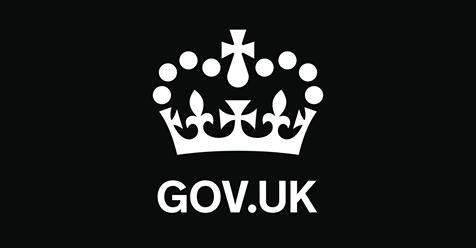Will Boris live up to his various and varied promises to reform Stamp Duty?
Oct 23, 2019During his campaign for the leadership of the Conservative Party, Johnson made several vague, but tantalising suggestions as to what he would do to reform Stamp Duty.
These included -
An increased stamp duty threshold to £500,000
Boris suggested that he was considering increasing the threshold at which stamp duty kicks in to £500,000 from its current level of £125,000.
This would have a huge impact on buyers as industry insiders calculate that this would mean an estimated additional 770,000 homebuyers not paying the tax each year and a further saving of some £15,000 for buyers buying above the threshold
Analysts suggest that the impact on the treasury would be as severe with a loss of £3.3billion, with some lobbyists claiming that revenue from the expected increased market activity neutralising or even outsripping that "loss"
A reduction in the top stamp duty from 12% to 7%
The Prime Minister also suggested he could reduce the top rate of stamp duty from 12% to 7%. The 12% rate, which kicks in on homes sold for more than £1.5m, was increased by the then-chancellor George Osborne in 2014. But it has been widely blamed for leading to a sharp fall in transactions at the top end of the market.
Given that this will only benefit those buying a home costing more than £1.5m, the impact will be restricted to a very small percentage of buyers, who will save considerable sums if the change goes ahead.
Again HMRC would see a reduction in revenues, but it is argued that the change will lead to more high-value homes changing hands and therefore off-set any losses.
A (radical) move to make sellers pay stamp duty instead of buyers
This was not a suggestion put forward during the leadership campaign and the detail is hard to establish, but the essence of this would be to reduce the tax liability for first time buyers (who would pay nothing) and people trading up the property ladder. It has been argued that those selling would be able to tap into their equity to pay the stamp duty they owe. However, existing homeowners - who have paid the tax on their purchase - would be hit hard, having to effectively pay tax twice on the same property. Those downsizing would also find their liability increase, whilst those selling without buying on will have an "additional" tax to pay without making savings on a purchase. The unpopularity of this proposal may mean that it never progresses to implementation.
Any other proposals/changes envisaged?
There has been no suggestion of reforming the 3% surcharge for buy-to-let or second homes buyers. This surcharge - introduced in 2016 - has (according to government and industry sources) helped engineer a fall in landlords entering the sector and those expanding their portfolios, whilst encouraging the first-time buyer market by reducing competition for homes at the bottom-end of the housing ladder.
The problem with all of these "suggestions", without any timeline being announced for progressing/implementing, is the uncertainty that will cause buyers and sellers to delay or postpone decisions while they wait to see the outcome and how they will be impacted financially.
Recent News




